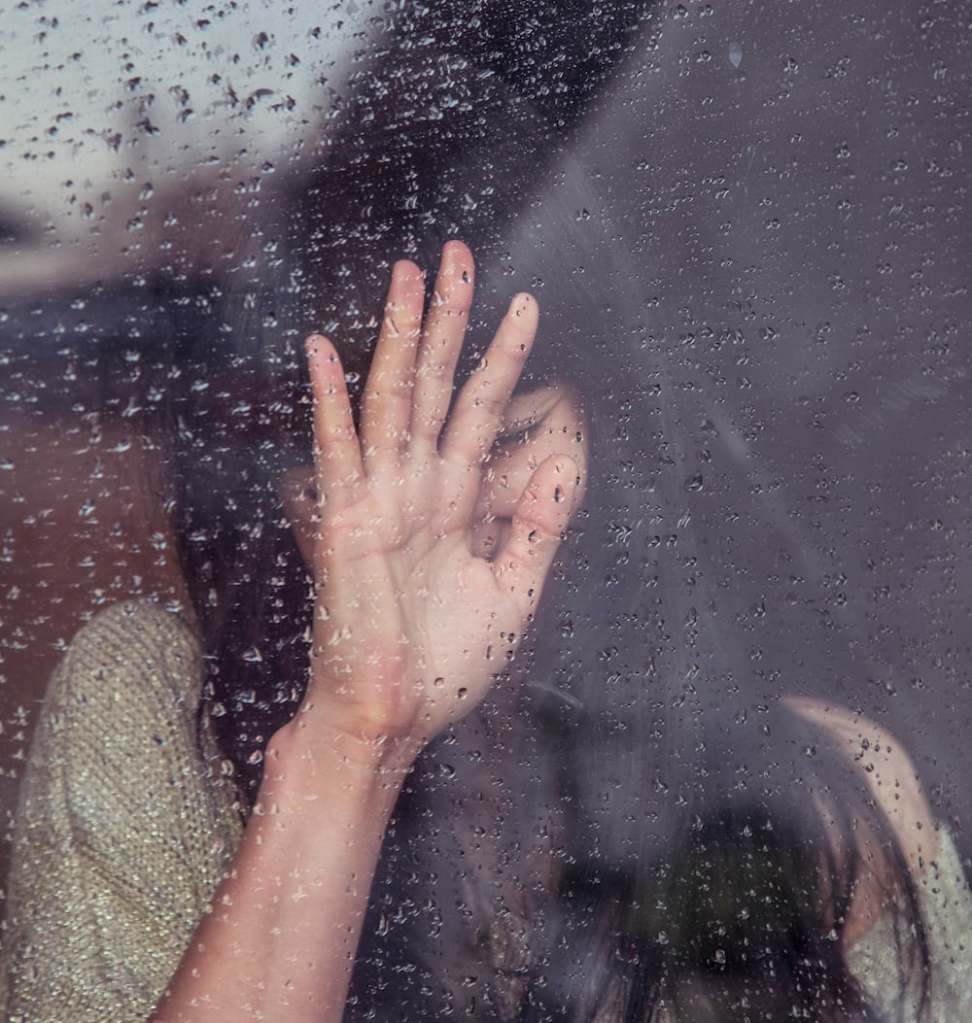
Everyone has the potential to grieve losses in their life. Those with bipolar disorder don’t have a right to say they grieve more than others. However, they are at risk for extreme mood episodes as a result of a significant loss in their life, making their grief dangerous and potentially life threatening.
The loss doesn’t have to be a death. It can be a job, a relationship, or a tragedy without death like a severe illness or injury. It doesn’t have to involve someone who is personally known but can be related to a collective loss or tragedy of a famous person or someone in their community.
When a person with bipolar disorder experiences a loss, at a minimum, daily tasks may fall by the wayside. Worst case scenario the person becomes completely immobilized, ignores their most basic tasks such as hygiene and nutrition and starts having thoughts of harming him or herself.
- Some ways to cope with a loss if you have bipolar disorder is to make sure you keep taking your medicine as prescribed.
- Stay away from alcohol and recreational drugs which can bring you down even further and lower your inhibition when trying to stay safe.
- Talk to someone about your feelings.
- Journal about your thoughts and feelings.
- Go to a support group.
- Talk to your doctor.
- Go to a therapist or counselor.
- Get outside.
- Go for a walk.
- Spend time with animals or children.
- Take a hot bath.
- Take the time and care you need to ride out the emotions knowing they will pass.
- Do not “should” yourself or judge or talk negatively to yourself about anything you’re not able to do while going through this time. This is the way your brain was made and it is not something you chose. Acceptance and self compassion are key to experiencing less suffering during these times.
What are some other ways you can or have coped with loss in your life?